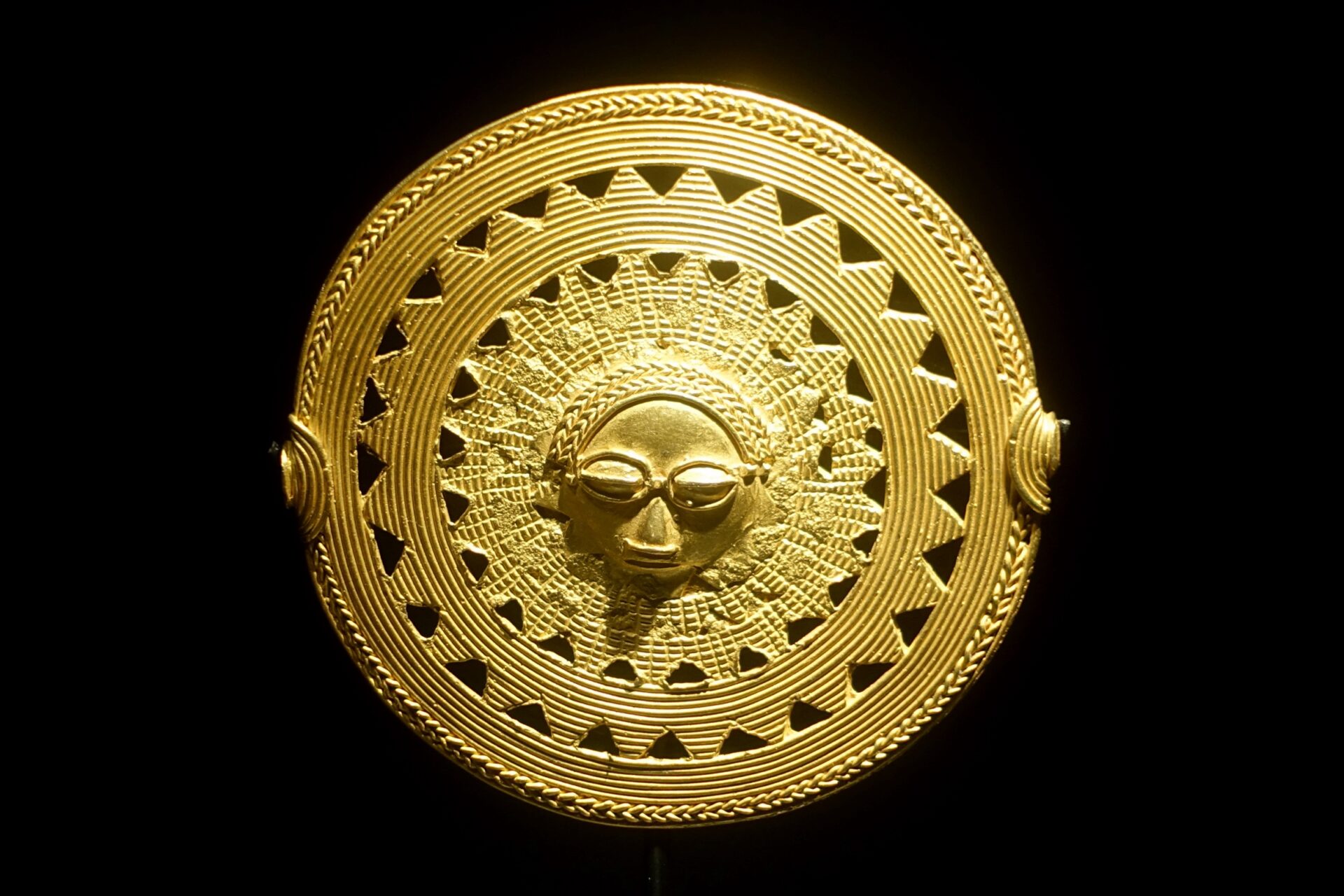
February 12, 2024
Ghana’s Ancient Asante Kingdom Reclaims Stolen Artifacts After 150 Years
Royal artifacts pillaged from Ghana’s ancient Asante kingdom 150 years ago by British colonial forces have been returned and formally presented to the kingdom.
In a historic repatriation, seven royal artifacts pillaged from Ghana’s ancient Asante kingdom 150 years ago by British colonial forces have been returned and formally presented to the kingdom, marking a significant milestone in the ongoing efforts to rectify the plundering of African cultural heritage, according to the Associated Press. The artifacts, including an elephant tail whisk, an ornate wooden, leather, and iron chair, two gold stool ornaments, a gold necklace, and two bracelets, were looted during British colonization and later housed in the Fowler Museum at the University of California, Los Angeles.
At a poignant presentation ceremony in Ghana’s largest city, Kumasi, Otumfuo Osei Tutu, the king of the Asante kingdom, expressed the historical significance, stating, “We are here … (because) the white man came into Asanteman to loot and destroy it.” The return of these cultural treasures brings both joy and relief to the Asante kingdom, culminating a lengthy battle for repatriation.
The artifacts, taken in 1874 during the sacking of the Asante city, were part of the kingdom’s indemnity payment to the British. The return of these items on the 150th anniversary of their looting signifies a symbolic restoration of Ghana’s cultural soul. Kwasi Ampene, a negotiator in the repatriation process, emphasized the significance, stating, “The repatriation of the artifacts to Ghana signifies the return of our souls.”
The Fowler Museum stressed that all seven items are returned unconditionally and permanently, although replicas have been allowed. This act aligns with a global shift in museum perspectives, recognizing institutions as ethical custodians rather than unquestionable owners and interpreters of art based solely on scholarly expertise.
Silvia Forni, director of the Fowler Museum, highlighted this evolving perspective, saying, “We are globally shifting away from the idea of museums as unquestionable repositories of art, as collecting institutions entitled to own and interpret art based primarily on scholarly expertise, to the idea of museums as custodians with ethical responsibility.”
For the Asante people, the returned artifacts are not merely cultural relics but symbols of prestige and reverence for their ruler. Samuel Opoku Acheampong, a staff member at the Asante palace, reflected on the cultural significance, stating, “Our forefathers and our fathers told us about the artifacts. And ever since, as a kid, I had the vision that one day we shall have all these artifacts back to our Asante nation.”
This repatriation is part of a broader movement advocating for the return of stolen artifacts to their countries of origin, signaling a shift toward a more ethical and inclusive approach to preserving cultural heritage.
RELATED CONTENT: Rapper Ja Rule Announces Plans To Build A School In Ghana